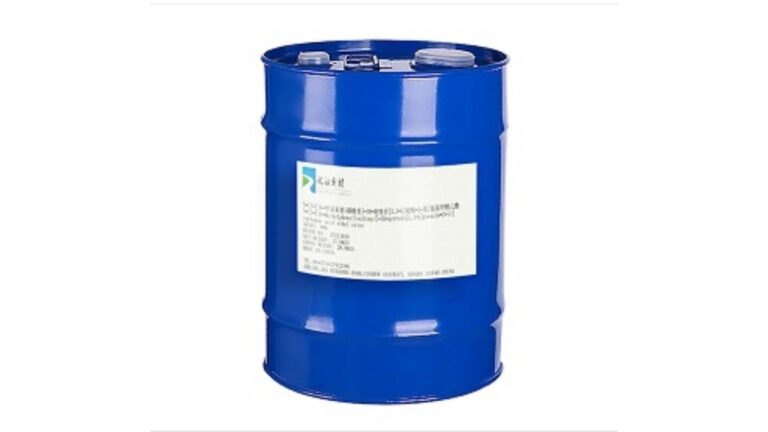Benefits and Side Effects of Argan Oil For Face?
Argan oil has many benefits for skin care, including being non-comedogenic and soothing inflammation and redness. In addition to being a great moisturizer, it also contains vitamin A, which reduces the appearance of fine lines and wrinkles. You can use argan oil on its own or layer it with other products to get more benefits from them. Read on to learn more about the benefits of argan oil for face care.
Benefits of argan oil for acne-prone skin
The benefits of argan oil for acne-prone skin are several. This skin-friendly oil can reduce the activity of sebum, which is the primary cause of acne breakouts and inflamed pimples. A 2007 study proved the effectiveness of argan oil in controlling excess sebum. The results of the study showed a significant improvement in the skin’s appearance and the acne-prone skin’s oiliness level. Argan oil also has anti-inflammatory properties, which help reduce swelling and soothe acne symptoms.
You can apply argan oil to the face and neck after washing with your usual cleanser. You should make sure to use pure, organic, cold-pressed, unscented, and non-GMO argan oil. Make sure you do not spend a fortune on the oil; cheap argan oil will not work as well as pure argan oil. Besides, the cheap ones might irritate your skin.
Read Also: Jeet11
It’s non-comedogenic
Argan oil is a great natural moisturizer that absorbs quickly without clogging pores. You can apply argan oil generously to hair before washing. It has many benefits, including hydrating and cleansing the skin. You can use it on your body, face, and nails. It is non-comedogenic, making it the perfect all-in-one beauty treatment. You can find it in many brands.
It contains high amounts of fatty acids, which strengthen the skin’s protective barrier, keeping moisture in and protecting it from pollutants. It also helps control sebum production and reduce grease in oily skin. Research has shown that argan oil helps regulate sebum production and control grease. However, this effect is not universal. Some studies have used antioxidants in combination with argan oil to see results. Consequently, results may not be the same when using pure argan oil.
It reduces redness
If you have a sensitive skin type, it is important to choose a moisturizer that does not clog your pores. You can choose a calming moisturizer, but it should never contain a lot of oil. You should also avoid applying too much of this oil to your face, as it can make it dry. You should also avoid excessive alcohol and caffeine. Those who are prone to acne should avoid these ingredients, too.
When used topically, argan oil is beneficial for many people. It has been used for centuries by the Amazigh people of southern Morocco and is well tolerated by people with all skin types. It is mild enough to be used on sensitive skin, but it is not recommended for people with nut allergies. It can also cause an upset stomach if ingested or inhaled. For this reason, it is best to consult a doctor before beginning any argan oil product.
It soothes inflammation
As an anti-inflammatory, argan oil is great for skin. You can use it on your skin to soothe inflammation caused by various factors, such as environmental toxins or infection. However, before you apply it topically, it’s essential to do a skin patch test first. If you’re unsure of whether argan oil will work for you, it is recommended that you ask a dermatologist about a suitable product.
Also Read: Weightloss With Keto – Important Things to Keep in Mind
This natural oil contains azulene, which is one of the best essential oils for healing eczema. This essential oil also contains a high concentration of antioxidants, which can help to reduce inflammation. In addition to soothing inflammation, argan oil is also beneficial for blood pressure, cholesterol, and sugar levels. Ultimately, this powerful oil can help reduce the risk of heart disease and other diseases. To experience the many benefits of argan oil, try using it on the affected area.
It heals damaged skin
If you suffer from damaged skin, argan oil can help you repair the skin’s barrier and soothe inflamed skin. It is non-comedogenic, which means that it does not clog pores. Because it contains compounds similar to the natural oils in our skin, argan oil may help balance oil production in the skin and support the skin barrier. This benefits people with dry, flaky skin as well as those with acne.
It can also help reduce the appearance of discolorations and stretch marks on the body. This repairing agent targets cells deep within the skin and hydrates it from the inside out. Because of its amazing repairing properties, argan oil is far superior to moisturizers. If you are looking for an argan oil moisturizer, you should buy a 100% pure bottle. You will notice the difference almost immediately. But you should be sure to follow the directions of the product, otherwise you might end up with something that doesn’t work.
Side-Effects & Allergies of Argan Oil
There are no known side effects of argan oil.
Cultivation of Argan Oil
The argan tree has known to be grown in the Argan Forest in Morocco for centuries. The region is protected by UNESCO as argan oil is one of the purest oils in the world.
Read Also: Jeet11






